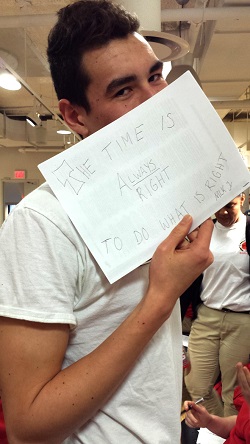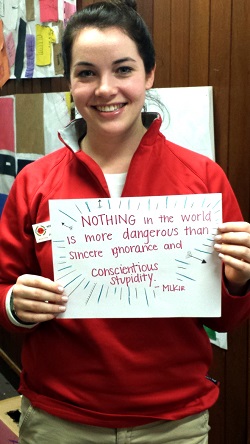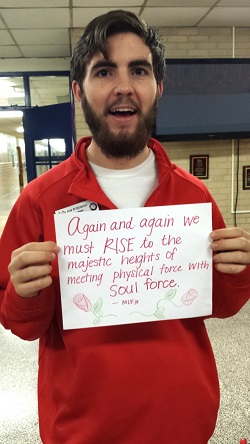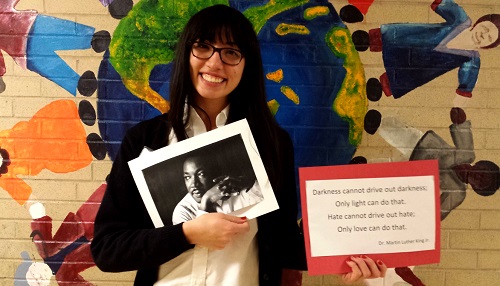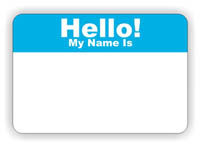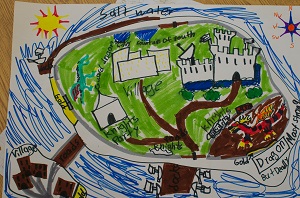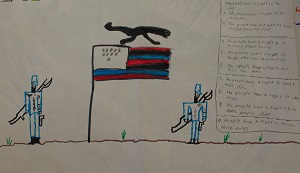By Sarah Binning, Communications Coordinator

Copyright 2013 NBAE (Photo by Steve Babineau/NBAE via Getty Images)
The crowd at TD Garden quiets as the Hero Among Us takes the court. City Year Boston Board Chair Corinne Ferguson waves at the sea of green and white dressed Celtics fans. As the award is presented, the crowd rises to their feet applauding wildly.
At each home game the Boston Celtics foundation takes a moment to recognize “an individual or individuals who, through their unique commitment and humanitarian spirit, have made exceptional and lasting contributions to our community.”
March 16’s recipient, Corinne Ferguson is no stranger to service. With more than 17 years and 15,000 hours of volunteer experience, Ferguson has been as been a key advocate for bridging the achievement gap and investing in the future of the Boston community. In addition to her role at City Year, Ferguson chairs the board of Pine Street Inn and is an active board member of the Boys and Girls Clubs of Boston. She spoke with us about her experience and what receiving this award means to her.
City Year Boston: Last weekend you were recognized by the Boston Celtics as the Hero Among Us. What was your reaction when you first heard the news?
Corinne Ferguson (CF): Sandra [Lopez Burke, Vice President and Executive Director of City Year Boston] said to me, ‘Have you heard about this?’ I was really interested in hearing who we had nominated and then she said it was me.
I have to say I was overwhelmed and a little nervous. I really don’t feel like I did anything to merit this award, but I’m very flattered, of course, to be nominated in this way.
CYB: Can you tell me what it was like the day of the event? What was it like to stand on center court?
CF: I have to tell you that the gentleman who runs the program at the Celtics, whose name is Matt Meyersohn, is an extraordinary person. He’s the Director Community Relations and Player Development. He does this 40 times a year because they have a Hero at every home game. […] But you would never dream that he does this 40 times a year. He made me feel that I was the only person ever who was getting this award. He was so gracious, so polite, so patient, and so kind. I was actually kind of nervous going out there. But he was so thoughtful and caring that it made the experience even more special.
Being out on the court before the game had started, seeing all the players warming up, I felt very, very small. It’s kind of noisy and fun. Being from the UK originally, it’s a very American thing for me—the organ sounds and the music. I just felt like I was in a dream.
CYB: If you had to pick a favorite moment from that evening, what would you say it is?
CF: This is very vain, but I must say getting a standing ovation, getting that from 18,000 people […] that was a pretty extraordinary experience. But the best part of that was that City Year, we got recognized.
I know our [City Year] team was up there as well, cheering away. I knew exactly where they were. I could feel their energy even though I couldn’t hear them above all the other cheers.
CYB: How has this recognition sparked new conversations or helped you share the news about City Year?
CF: I had text messages appearing on my phone within moments, and emails this week. It was on television as well, which I hadn’t anticipated. I thought it would be a commercial break. But people saw it on television and now they’ve been asking me about City Year all the time.
It’s just been great. I’ve been able to talk about City Year, but also the other organizations as well. Pine Street Inn was incredibly grateful, too…for being mentioned. Some of them were actually there in the audience by chance. They were thrilled. I felt really good about that since it really is all about community.
CYB: What does service mean to you?
CF: Service is really just treating others the way you’d like to be treated yourself, I think. Making sure you care about others, and other issues that are outside of yourself.
CYB: There are so many other service and education organization that you could be a part of, and I know you’re a part of several, but what do think makes City Year unique?
CF: City Year seems to harness the goodness in people and give it the place where it can really be used in a way to help others. It’s really such a wonderful facilitation place. In the same time you’re doing it, it’s such a joy. The people who are doing the good meet each other and feed off each other.
In closing, Ferguson added, “I would really like to say it’s an incredible honor to be part of City Year. It’s been an honor for me and my family for the last, goodness, it must be 15 years or so. We’re very grateful to the organization for their friendship and support. I’m really thrilled about the great work they’re doing for the kids in our country. I’m just very honored to be a part of it.”
Share with family and friends:
